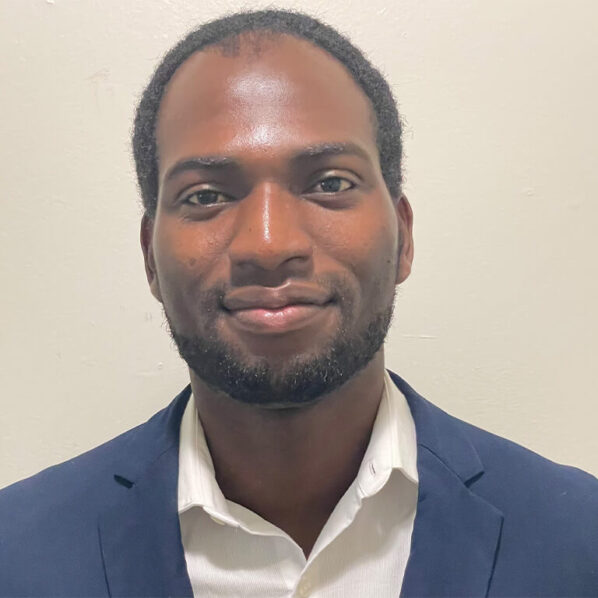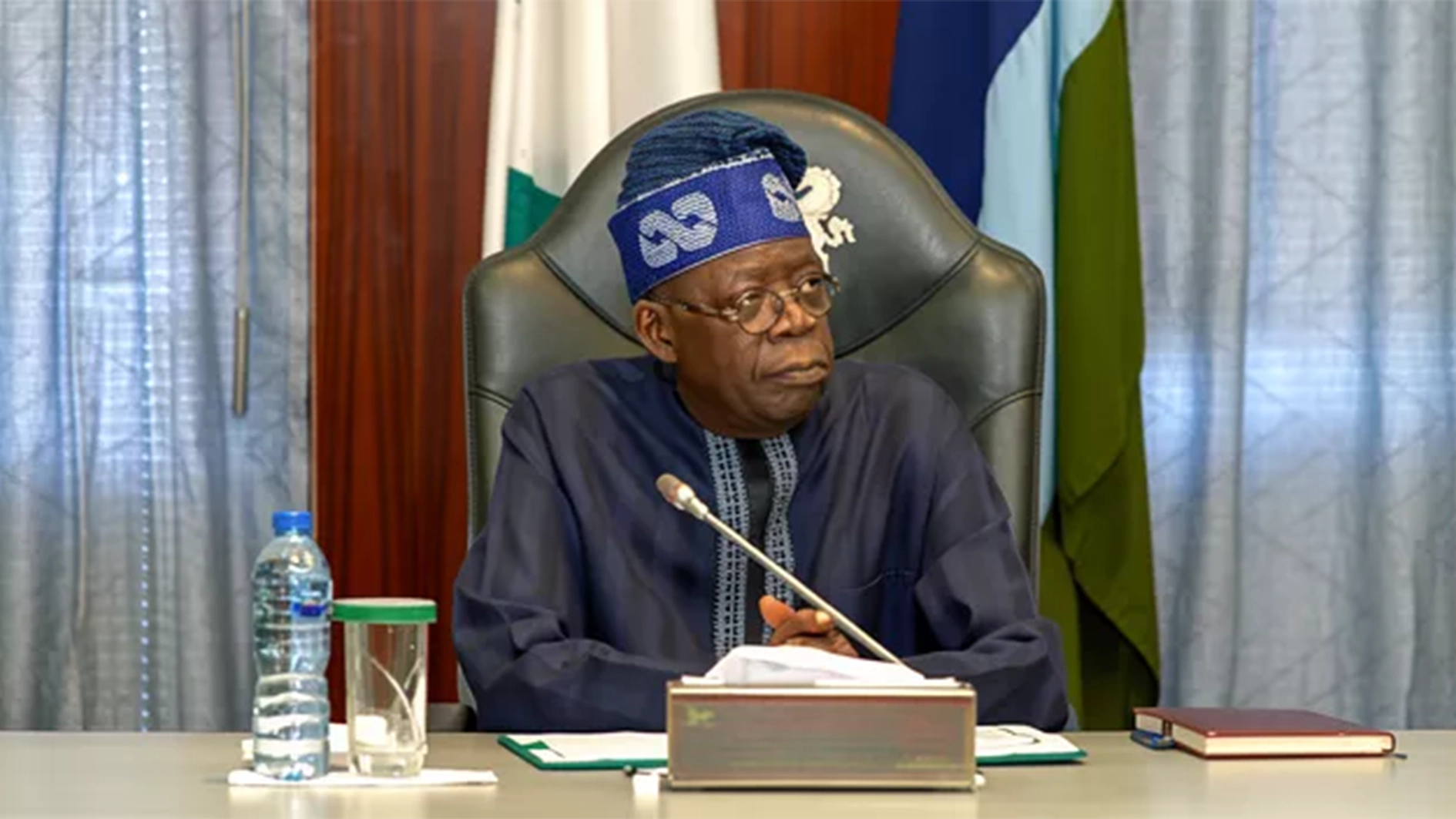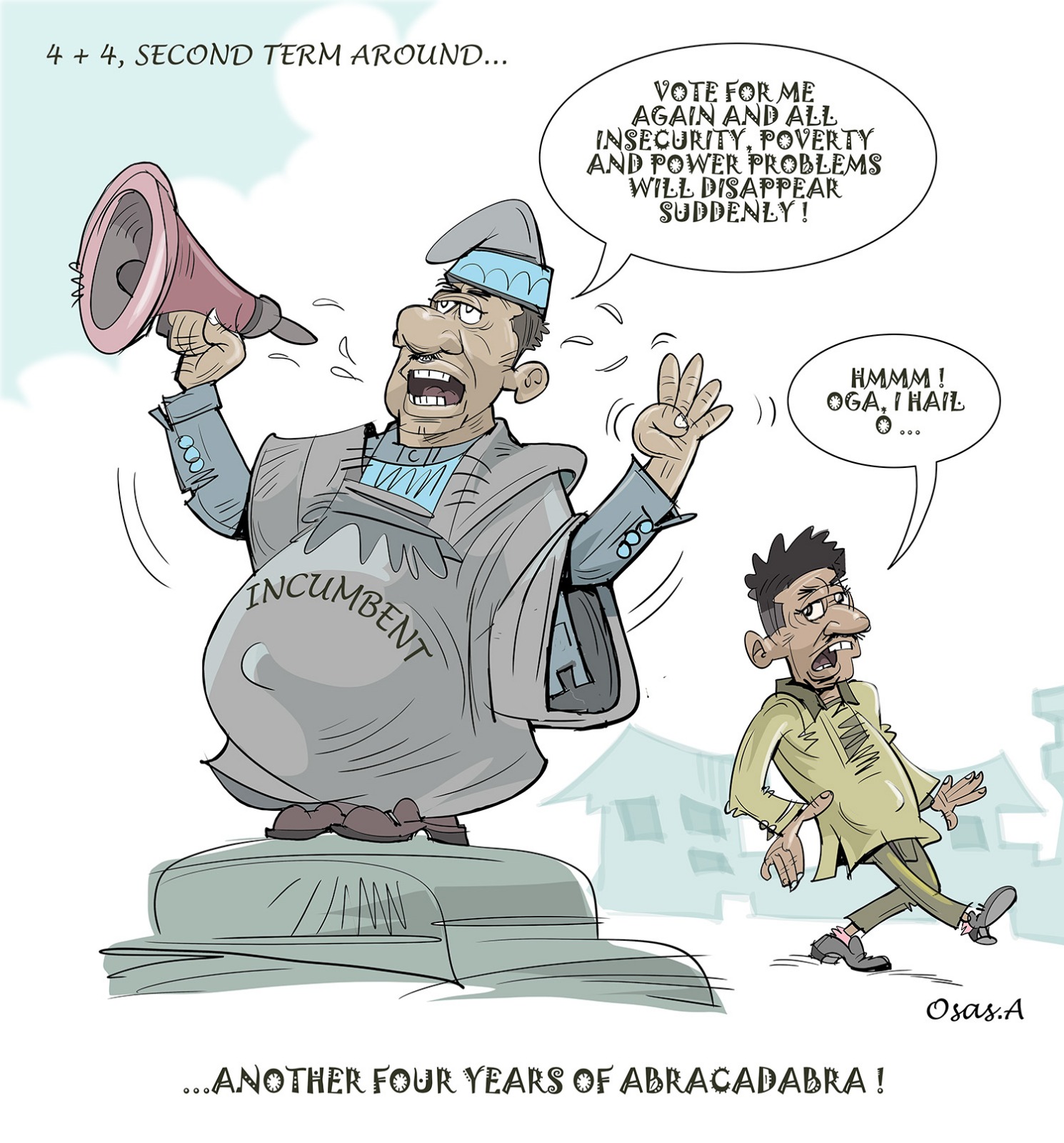
Matthew Ajibade, a doctoral candidate in linguistics and Yoruba instructor at Indiana University Bloomington, USA, has emerged as a key figure in improving healthcare access for the Nigerian community in Indianapolis. Through his expertise in language and cultural studies, Ajibade has partnered with the Indiana University Student outreach Clinic (IUSoC) to better serve a growing population of Nigerian patients.
The clinic, a free healthcare facility offering services such as primary care, dental care, mental health support, and legal assistance, recognized a pressing need to address language and cultural barriers for their Nigerian clients. Ajibade’s contributions upon request from the clinic began with translating critical medical materials into Yoruba, including intake forms, appointment reminder cards, and medical terminologies.
These translations enabled Nigerian patients to navigate the healthcare process more effectively. “I see a strong connection between my research, which focuses on language acquisition among Yoruba speakers in the United States, and this opportunity to serve my community,” Ajibade explained. “Language is a powerful tool for building trust and ensuring equitable access to services.”
The profound impact of Ajibade’s work was immediately evident, improving the quality of the clinic’s services and fostering smoother patient interactions.
“We are just so thankful to Matthew for helping us translate these medical materials. These forms have made it much easier to get crucial info from our patients, ” says Olivia Reed, the Co-Chair of Education for Physical Therapy at the IU Student outreach Clinic. “I also really appreciate Matthew’s knowledge of how Yoruba speakers express pain. Cultural differences like this one are something and my colleagues have been trying to learn about when it comes to Yoruba speakers,” Olivia added.
Farther than translations, the clinic requested Ajibade to conduct strategic training for medical professionals at the Indiana University School of Medicine to bridge cultural gaps.
Collaborating with the National African Language Resource Center (NALRC), he led a webinar titled “Medical Interactions between Nigerians and Medical Doctors” on February 17, 2023. The session provided insights into cultural norms, dietary habits, and communication strategies essential for improving patient care. Over 50 student doctors and medical volunteers attended the webinar, praising its practical applications in fostering meaningful interactions with Nigerian patients. “Ajibade’s training was transformative,” remarked a clinic administrator. “I just wanted to thank Matthew again for speaking to us on Friday and giving us so much good information- we have had very positive feedback, and the volunteers really benefitted from it,” says Emily Merritt, a member of the Education Team at the Student outreach Clinic.
By understanding cultural nuances and language barriers, the ability of healthcare providers to offer more personalized and effective care to Nigerian patients far away from home, was immeasurably enhanced.
Ajibade’s impact extends beyond the clinic. His academic work delves into how Yoruba speakers in the U.S. perceive and acquire language, shaped by factors like birth-place and upbringing. By connecting his research with community outreach, Ajibade exemplifies the transformative power of academia in driving societal change. “By merging linguistic expertise with cultural understanding, we can remove barriers that hinder access to essential services,” he said. “I believe that academic scholarship should directly benefit communities.”
The clinic’s leadership credits the patriotic Ajibade with making remarkable strides in improving healthcare accessibility for Nigerians in Indianapolis. His work exemplifies how a commitment to cultural and community-oriented initiatives can enhance healthcare delivery. “Ajibade’s ability to bridge culturaland linguistic gaps has transformed how we serve diverse populations,” said Olivia. “His unwavering dedication highlights the impact of tailored, community-focused solutions. ”
Ajibade’s ongoing efforts reflect a profound commitment to inclusive healthcare, emphasizing the need for culturally competent care within Nigerian and broader immigrant communities. As he advances in his doctoral studies, his work serves as an inspiring framework for utilizing academic expertise to foster healthier communities through training, advocacy, and innovation.






